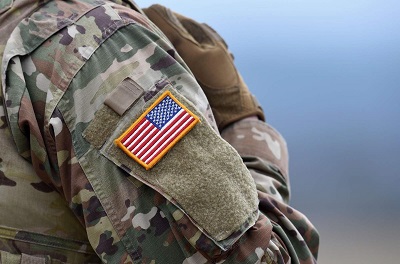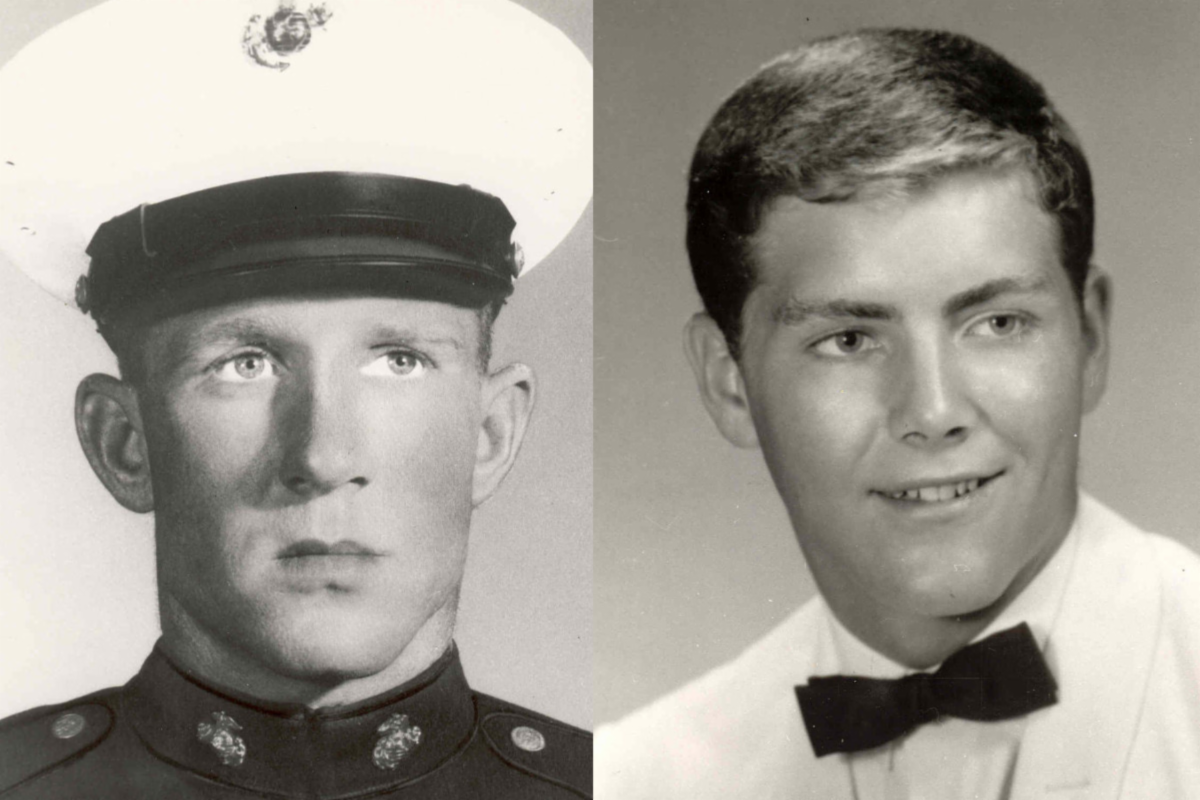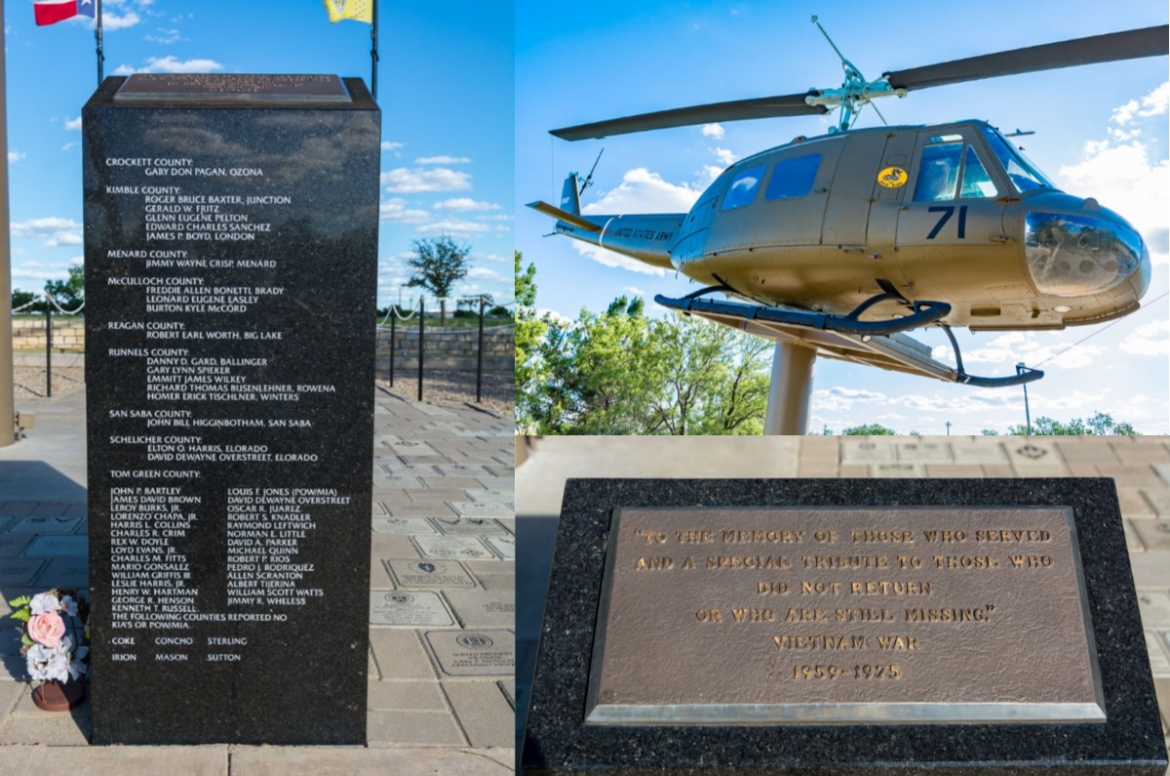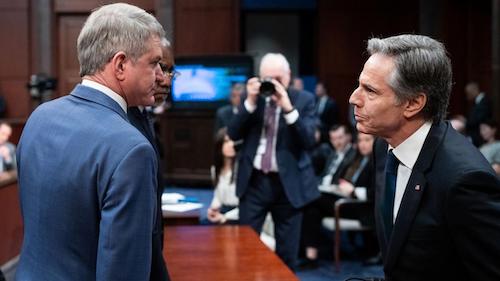Texans in the Forgotten War: Korea
An armistice was signed 62 years ago yesterday to signify the official end of the Korean war. It was July 27, 1953.
This first conflict of the cold war occurred when communist North Korea invaded South Korea 3 years earlier.
The defense of South Korea was supposedly a U.N. action, but as history shows, the United States, unprepared for this war, took the brunt of the fighting, along with the South Koreans.
In the end, the war resulted in a cease-fire until both sides could "find a peaceful settlement.'' No settlement has ever occurred.
This war has been referred to as "the forgotten war .'' It is barely mentioned in our textbooks. Over 50,000 Americans were killed; 1,700 of them were from Texas.
Thirteen Texans went above and beyond the call of duty in Korea. They received the Congressional Medal of Honor for their valor. Ten of them were killed in combat.
Major George Andrew Davis, Jr., United States Air Force. While flying his F-86 Sabrejet, he and his wingman attacked 12 MIGs to protect a squadron of U.S. bombers. After shooting down two MIGs, he continued the fight until he was killed. His actions resulted in the U.S. bombers successfully completing their mission.
Staff Sergeant Ambrosio Guillen, United States Marine Corps, was killed 2 days before the cease-fire. He turned an overwhelming enemy attack into a disorderly retreat while supervising the defense of his position, the treatment, and evacuation of the wounded.
Private First Class Jack G. Hanson, United States Army. While covering the withdrawal of his fellow soldiers, Hanson, alone, manned his machinegun to stop the enemy attack. He was later found surrounded by 22 of the enemy dead. His machinegun and pistol were empty and his hand clutched his machete.
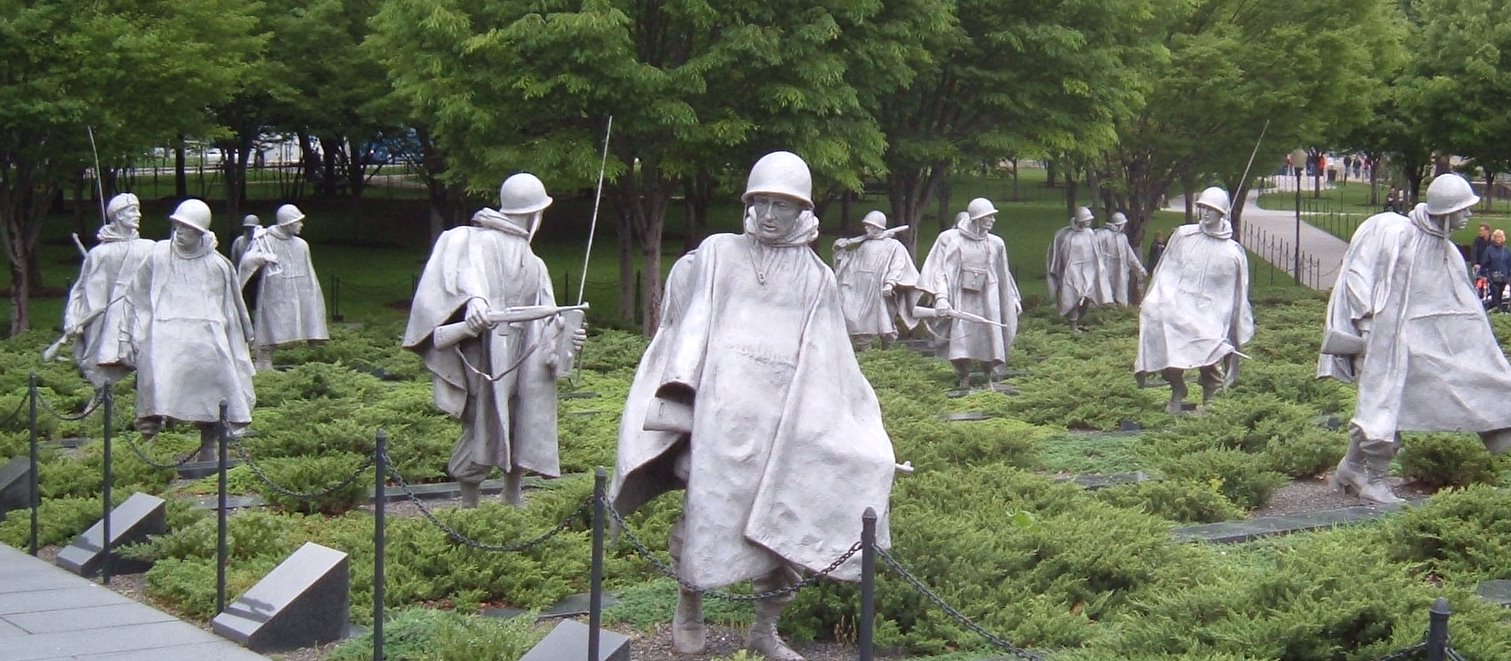
Hospital Corpsman John E. Kilmer, United States Navy. In helping defend a vital hill position during an assault, he braved enemy fire to aid the wounded and was killed while shielding a wounded marine with his own body.
Corporal Benito Martinez. Electing to remain at his post during an attack, he inflicted numerous casualties against an enemy onslaught and refused to be rescued because of thedanger involved to his other fellow troops. His stand enabled troops to attack and regain the terrain. He was in the United States Army.
First Lieutenant Frank N. Mitchell, United States Marine Corps, led a hand-to-hand struggle to repel the enemy, led a party to search for the wounded, and singlehandedly coveredthe withdrawal of his men before being fatally shot.
Private First Class Whitt L. Moreland, United States Marine Corps. During an attempt to neutralize an enemy bunker, he covered an oncoming grenade with his own body. His self-sacrifice saved the lives of his fellow Marines.
Second Lieutenant George H. O'Brien, Jr., United States Marine Corps. While wounded during an attack against a hostile enemy, he refused to be evacuated and continued in theassault. He set up a defense, aided the wounded, and covered the withdrawal so no one was left behind.
Corporal Charles F. Pendleton, United States Army. He was mortally wounded by a mortar burst while heroically manning a machinegun and carbine during multiple waves of enemy attacks.
First Lieutenant James L. Stone, United States Army, led his troops in a last-ditch stand of a vital outpost. He exposed himself to enemy fire to direct his platoon. When the final overwhelming assault swept over their position, a mortally wounded Lieutenant Stone urged his men to continue the fight.
Master Sergeant Travis E. Watkins, United States Army, led 30 men of his unit when surrounded by the enemy. Through his leadership, a small force of those 30 men destroyed nearly 500 of the enemy before abandoning their position. A paralyzed Sergeant Watkins refused his evacuation, as his condition would slow down his comrades.
Corporal Victor Espinoza, United States Army. During an attack, he singlehandedly destroyed an enemy machinegun, mortar position, two bunkers, and tunnel, taking a heavy toll onthe enemy, with at least 14 dead and 11 others wounded.
Master Sergeant Mike C. Pena, United States Army. After ordering his men to fall back during a fierce attack, he manned a machinegun to cover their withdrawal. He singlehandedly held back the enemy until the next morning, when his position was overrun and he was killed. 62 years later, on this day, we remember the sacrifices of these Texas Medal of Honor recipients and other Americans in the forgotten war .
The Korean War Memorial down the street appropriately depicts 38 uniformed Americans moving silently in the brutal cold and rough terrain in some forgotten place, in a forgotten war, in Korea. Let us forget this unforgettable war no more.
And that is just the way it is.



